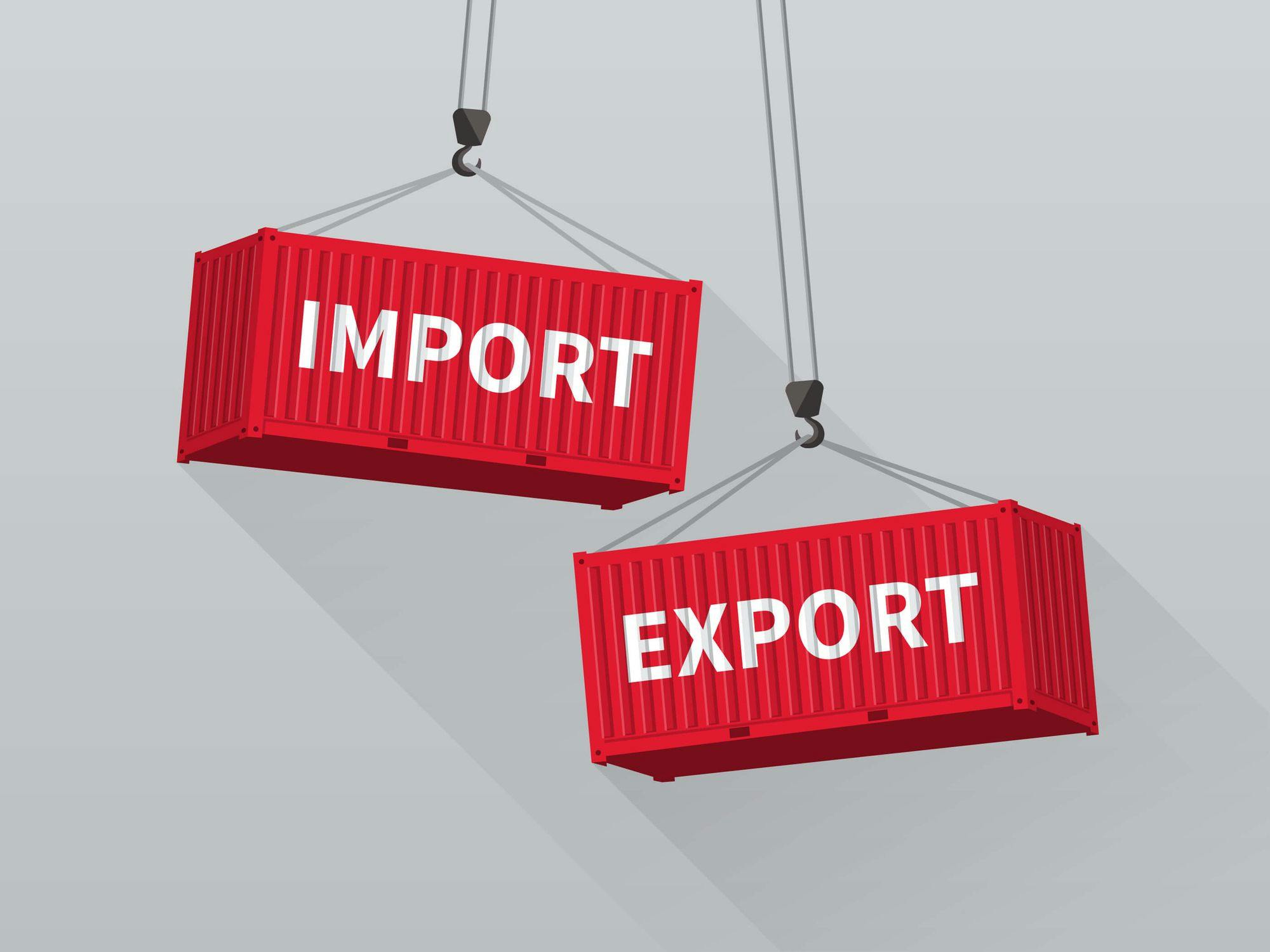
A Guide to Import and Export of Machinery in India
Importing/Exporting machinery can be a hassle. Especially, if an individual is in a position where they are not aware of the compliances to follow as laid down by the Indian government. There are multiple resources out there that help people with individual components. However, this article will be a one-stop guide to learning everything one needs to know about importing/exporting machinery as an Indian. Machinery Import/Export requires appropriate licenses and certifications. It also includes metal scraps used for everyday operations. As iterated, this article will serve as a guide for everything import/export in India.
Regulatory Compliances
Before getting into the different steps involved, there is a list of regulatory compliances laid down by the Directorate General of Foreign Trade. Here’s a detailed description of a few vital elements.
- SION - SION, short for Standard Input Output Norms, are standard measures of the amount of inputs required to produce a unit of output for export purposes. The Directorate General of Foreign Trade (DGFT) handbook mentions Input-Output norms for items such as chemicals, electronics, food, engineering, etc. The exporter also has the privilege of applying for their ad-hoc norms using Appendix 4K.
- SCOMET - SCOMET, short for Special Chemicals Organism, Material, Equipment, and Technology, is a list of items that have multiple uses. While on the surface they look appropriate for civil purposes, they are also capable of being able to create military threats like bombs and weapons of mass destruction. SCOMET certificate is mandatory to ensure that individuals do not get stopped by customs during import/export.
- NEXUS - The Directorate General of Foreign Trade allows for zero customs duty (under the EPCG scheme) for the import of capital goods used for export. The Nexus certificate is thus a mandate for businesses interested in importing capital goods and provides a linkage between the import of goods and its use in export.
- Installation Certificates - Individuals/Businesses planning to import capital goods into the country need an Installation Certificate by a certified Chartered Engineer. The IEC license holder can further proceed to submit the document to the DGFT to go ahead with operations.
- Capacity Certificates - Finally, companies engaging in manufacturing tenders need a capacity certificate from a Chartered Engineer. The document certifies that the company has the manufacturing capacity as mentioned in the tender, paving the way for seamless operations. These are some of the critical compliances that businesses must ensure before proceeding to import/export machinery in/out of India. While they provide a general regulation, the list is not exhaustive.
Chartered Engineer - Significance
Readers who have reached this far have probably figured out that hiring an independent certified chartered engineer is one of the best ways to have a seamless experience for their business. In such instances, it is vital to realize the significance and benefits of reaching out to these specialists for their expertise.
- Expertise - Chartered Engineers understand the ins and outs of the import/export scene in the country. They are aware of the kinds of machinery that fall under appropriate categories and can judge whether a particular equipment can be transported in or out of the country.
- Streamlined - If one is engaged in a business that is looking to import/export metal scraps or equipment, they might be facing issues getting the certifications right. Hiring the right Chartered Engineer can help streamline the process, making it more efficient as it becomes immensely easier to proceed with operations.
- Affordable - Hiring an independent chartered engineer is far more affordable than hiring a company that offers a bundle of services. Independent CEs deliver individual services that businesses can opt for depending on their requirements.
As iterated earlier, importing/exporting machinery is tough if individuals do not know how to pursue it. The regulatory compliances mentioned above give people a basic idea of the requirements before proceeding with import/export. A Chartered Engineer has experience in their specified domain and can guide businesses on different aspects of import/export. Thus, these individuals are sought after highly today.